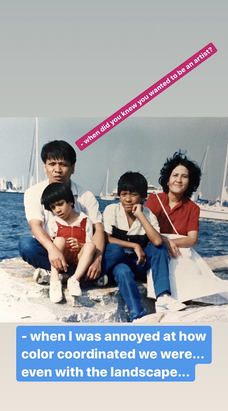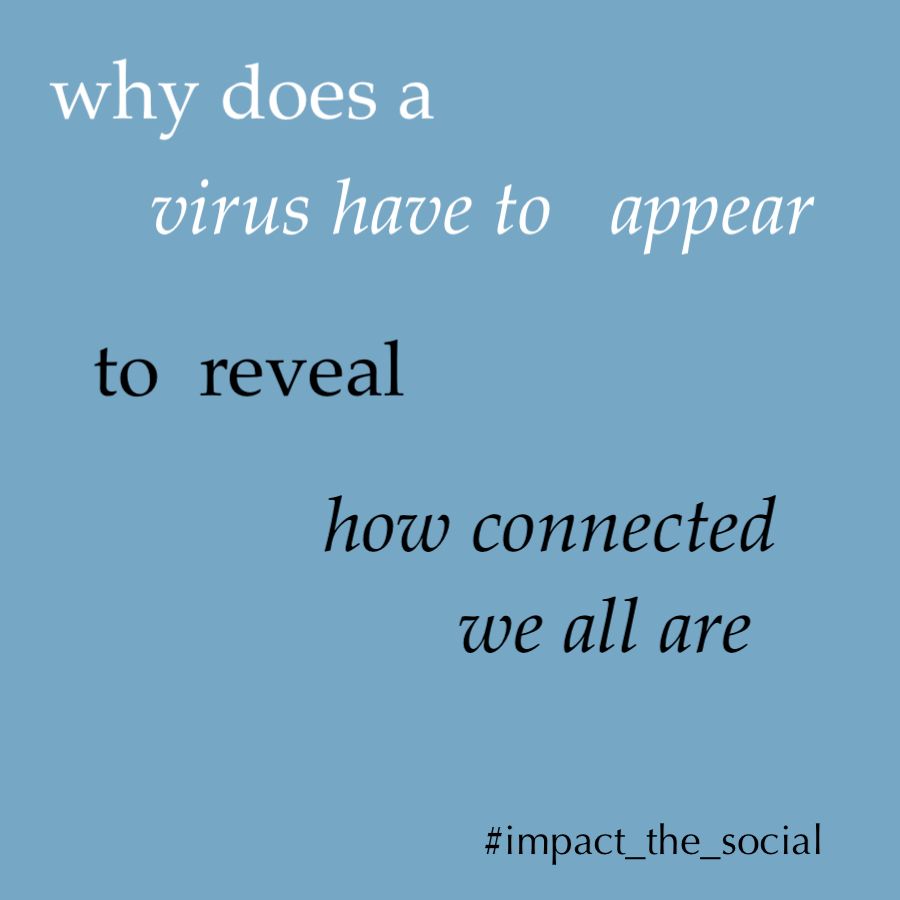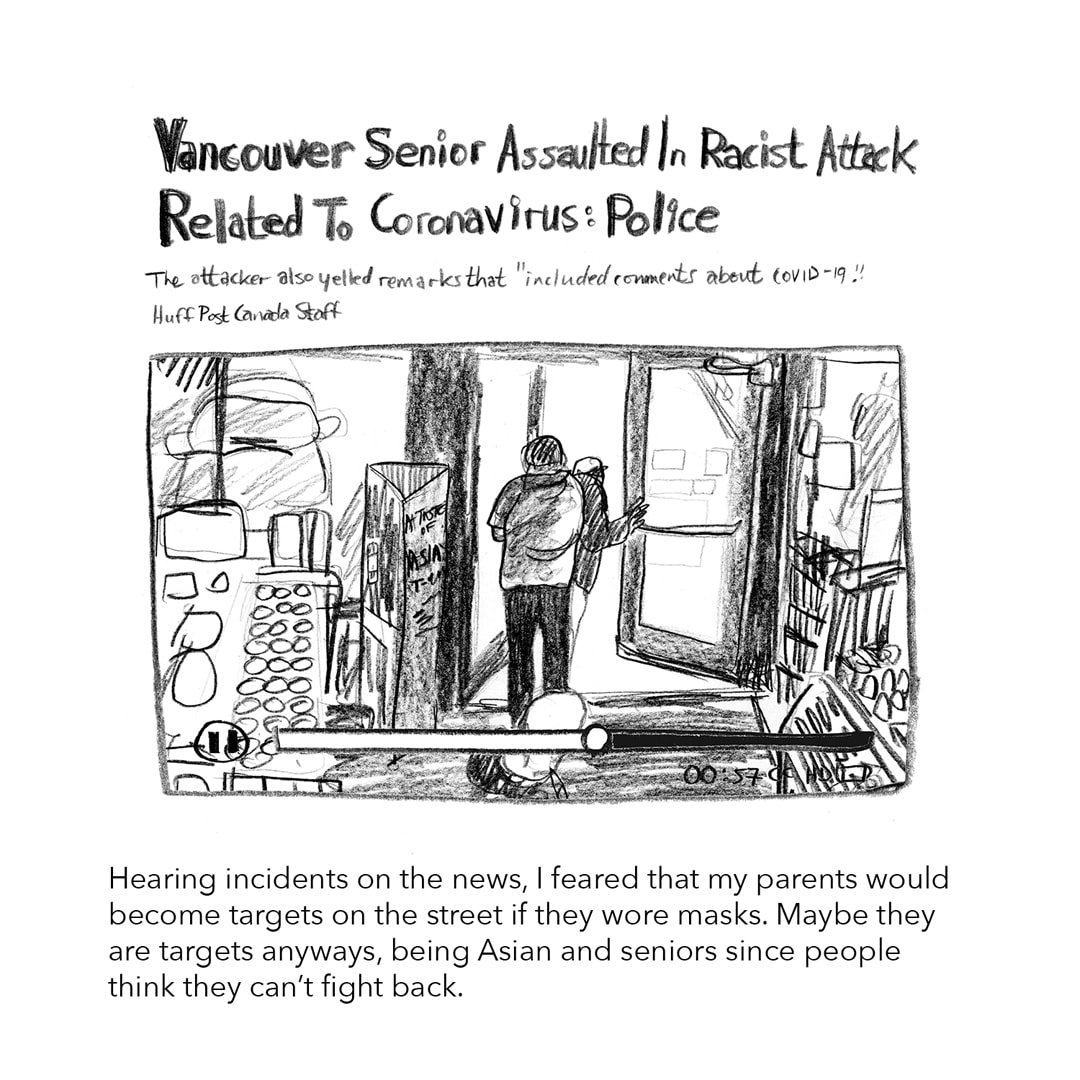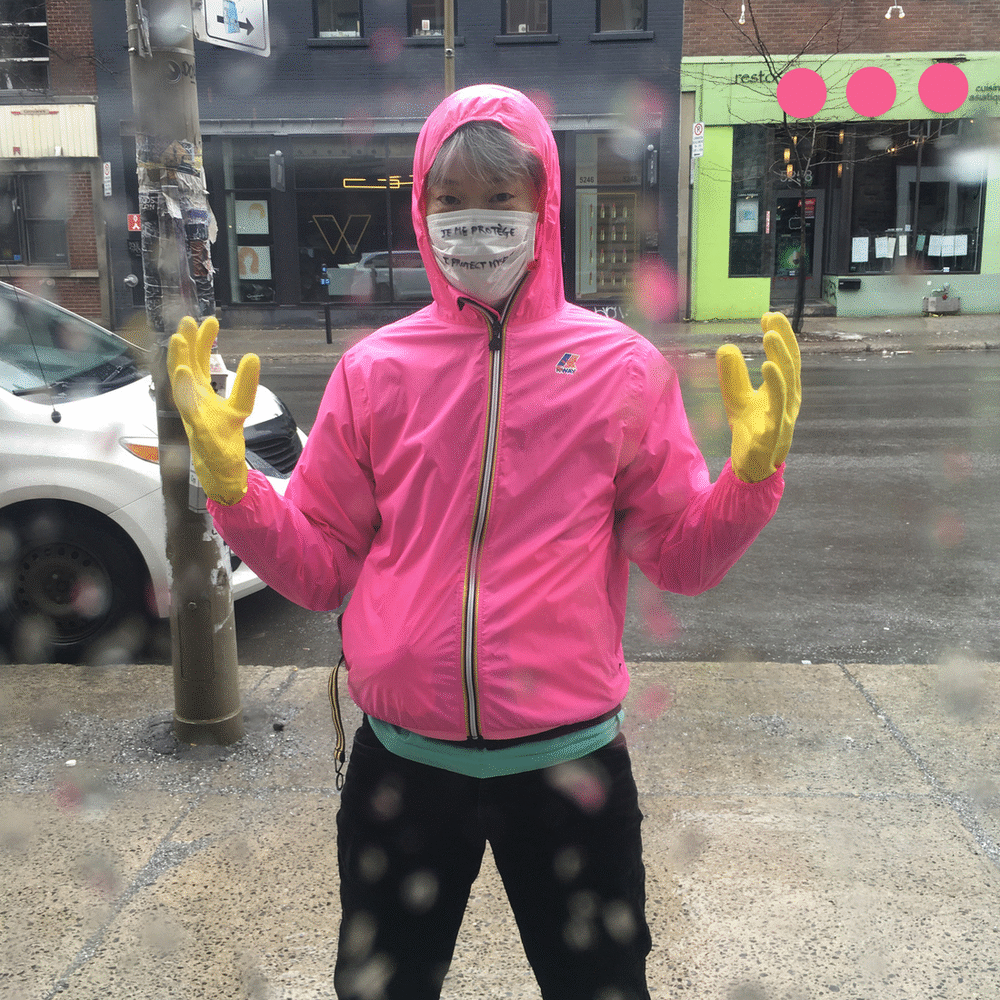|
EAHR’s Instagram Exhibition titled HEAR US NOW! Is coming to a close, after exhibiting 20 wonderful artists. Dr. Alice Ming Wai Jim, EAHR Faculty Advisor and member of the Artistic Committee for ISEA 2020 (Intersociety of Electronic Arts) has invited EAHR to curate a selection of new media artworks from the summer Instagram project that resonate with ISEA’s theme this year, which is “Why Sentience.” ISEA is a major international symposium and festival on technology and new media art that is taking place as a hybrid event online and in Montreal this week October 13th through 18th! The selection of 7 of these artists are being represented under ISEA2020’s collaborative projects: (pre)existing conditions. Find the selected work on the Instagram hashtag: #EAHR_ISEA2020 EAHR Instagram: @eahrconcordia Please find below a link to the ISEA website. The EAHR project is listed under collaborations. https://art2020.isea-international.org/ ARTISTS: Astria Suparak, born in the USA, and lives in Oakland, CA, Jean-Pierre Mot, born in Canada, lives in Brooklyn, NY, Jaret Vadera, born in Canada, lives in Brooklyn, NY, Jayce Salloum, born in Canada lives in Vancouver, B.C., Jenny Lin, born in Canada, lives in Tiohtià:ke / Montreal, kimura byol-nathalie lemoine, lived in South Korea/Belgium, lives in Tiohtia:ke/Montreal, Rodrigo D'Alcântara (b. Rodrigo de Alcântara Barros Bueno) born in Brazil, lives in Brasília, Distrito Federal. During this time of heightened crisis and increased precarity due to COVID-19, the disproportionate impact on racial and ethnic minorities, including Indigenous communities, Black communities, and communities of colour (IBPOC), is irrefutable. The coronavirus pandemic has clearly made existing racial and social inequities worse, shoring up the longstanding diversity problem and lack of adequate race-based data in medicine and the health care system. The police killings of George Floyd, Breonna Taylor, Tony McDade and others - and the ensuing ongoing Black Lives Matter protests condemning anti-Black racism and systemic police brutality, further exposed deep global racial disparities across societies. From increased state-sanctioned anti-Asian racism and hate crimes, with leaders and their media sycophants calling COVID-19 the “China virus,” to white supremacist attacks and military crackdowns on Black protestors against police violence and racial injustice, the twinned pandemics of COVID and racism have underscored the urgency of effecting change, of taking action even when and precisely because the crisis is still unfolding, as wild fires incinerate the planet, and because it took a million people watching a man die over eight minutes on television - a person, another human being, deprived of the right to live, the right to breathe, their very sentience downplayed until the last glimmer of life left his body -- to spark this new intercultural activism. There is no doubt that this moment which we find our world in, asks exactly the question, why sentience? And, why and how does it matter? (pre)existing conditions (#earh_isea2020) is a selection of seven projects closely resonating with the ISEA2020 theme of “Why Sentience?” that are part of EAHR’s larger HEAR US NOW! Instagram Project (@eahrconcordia) whose goal was to connect with and support the work of BIPOC artists during this time of uncertainty in the wake of the coronavirus pandemic. Over the course of ten weeks June 29 through September, HEAR US NOW! posted weekly submissions of artistic responses to the circumstances presented by the COVID-19 pandemic, including the urgent call to address ongoing systemic racism and oppression, (pre-)existing conditions, climate change, and social justice activism. With the lockdown, artists did not have physical venues to exhibit their work making the Internet the obvious recourse. During the practice of physical distancing measures, social media also functioned as an important site for sharing videos, news, and information about anti-racist movements. Instagram was chosen because it best conveyed the variances of responses over a ten-week period curated during COVID-19. The archive of all twenty Instagram posts can be found at www.ethnoculturalarts.com. Ethnocultural Art Histories Research (EAHR) is a student-driven research community focused on examining issues of cultural representation and ethnocultural art histories research across various disciplines. Since 2011, EAHR has facilitated opportunities for exchange and creation through its programming in order to critically engage within the visual arts in Canada. EAHR distinguishes itself through its membership which comprises mainly undergraduates, graduates and alumni of Concordia University. EAHR is supported by the Concordia University Research Chair in Ethnocultural Art Histories and based in the Department of Art History at Concordia University, Montreal, Canada. The EAHR Instagram project is grateful for additional support from the Thinking Through the Museum (TTTM) Research Network. HEAR US NOW! BIPOC Instagram Project @eahrconcordia, June 29 through September 2020 Curated by Diane Wong, Tamara Harkness, Chaeyeon Park, and Sarah Piché. (pre)existing conditions: #eahr_isea2020, October 13 through 19, 2020 Curated by Tamara Harkness and Sarah Piché, with Alice Ming Wai Jim. Astria Suparak
j.p.mot
Jaret Vadera
Jayce Salloum
Jenny lin
kimura byol-nathalie lemoine
Rodrigo d'alcântara
0 Comments
Leave a Reply. |
Archives
March 2023
Categories
All
|
Concordia University is located on unceded Indigenous lands. The Kanien’kehá:ka Nation is recognized as the custodians of the lands and waters on which we gather today. Tiohtiá:ke/Montreal is historically known as a gathering place for many First Nations. Today, it is home to a diverse population of Indigenous and other peoples. We respect the continued connections with the past, present and future in our ongoing relationships with Indigenous and other peoples within the Montreal community.
For more information, please visit: https://www.concordia.ca/about/indigenous/territorial-acknowledgement.html
Credits: EAHR's logo was created and designed by Adrienne Johnson, co-founder of EAHR / notre logo a été créé par Adrienne Johnson, co-fondatrice de EAHR.
Copyright © 2018









 RSS Feed
RSS Feed